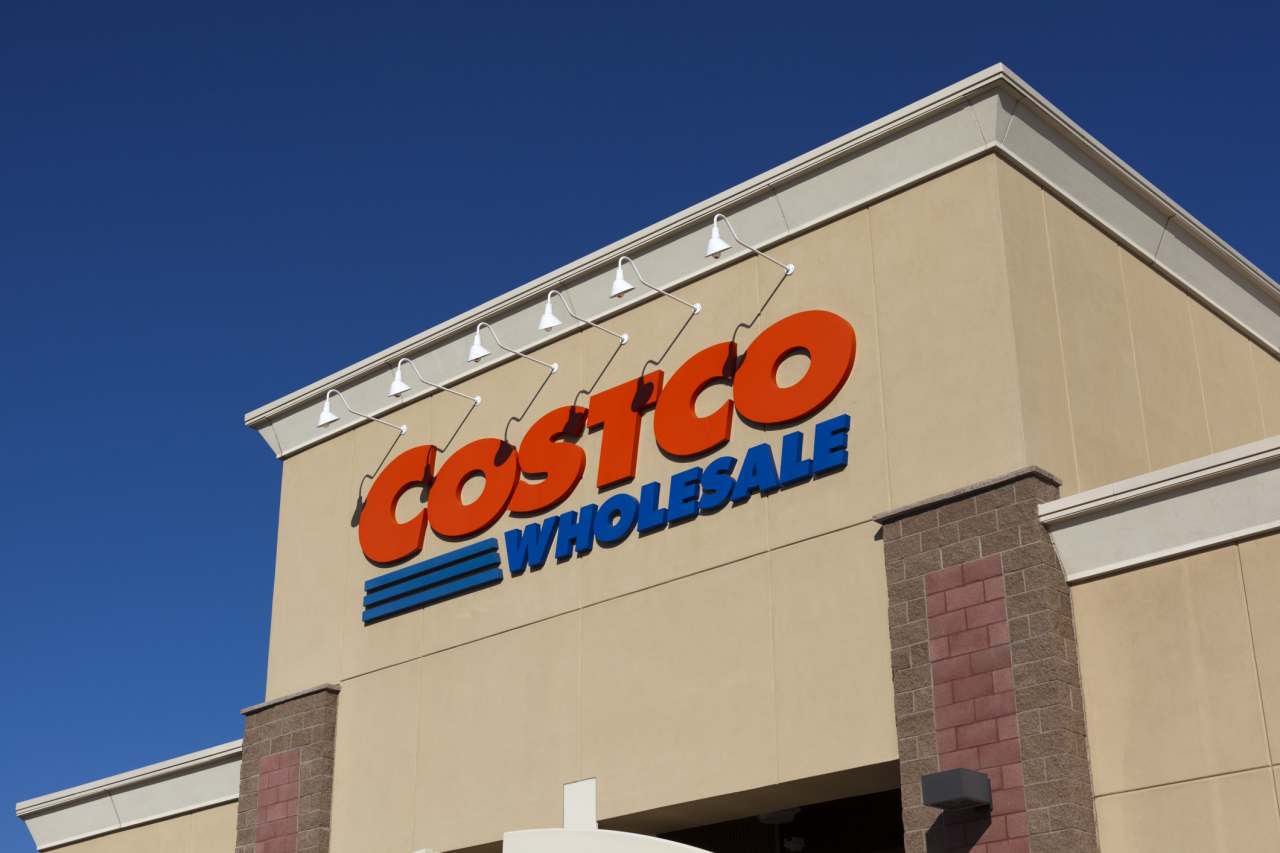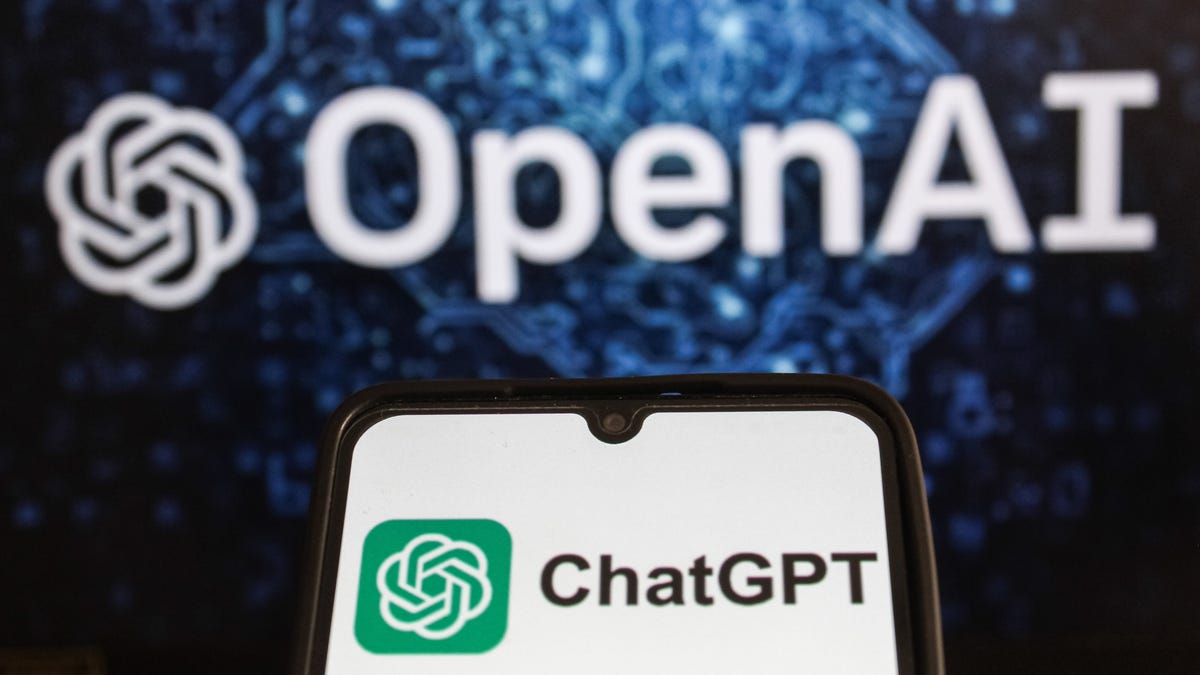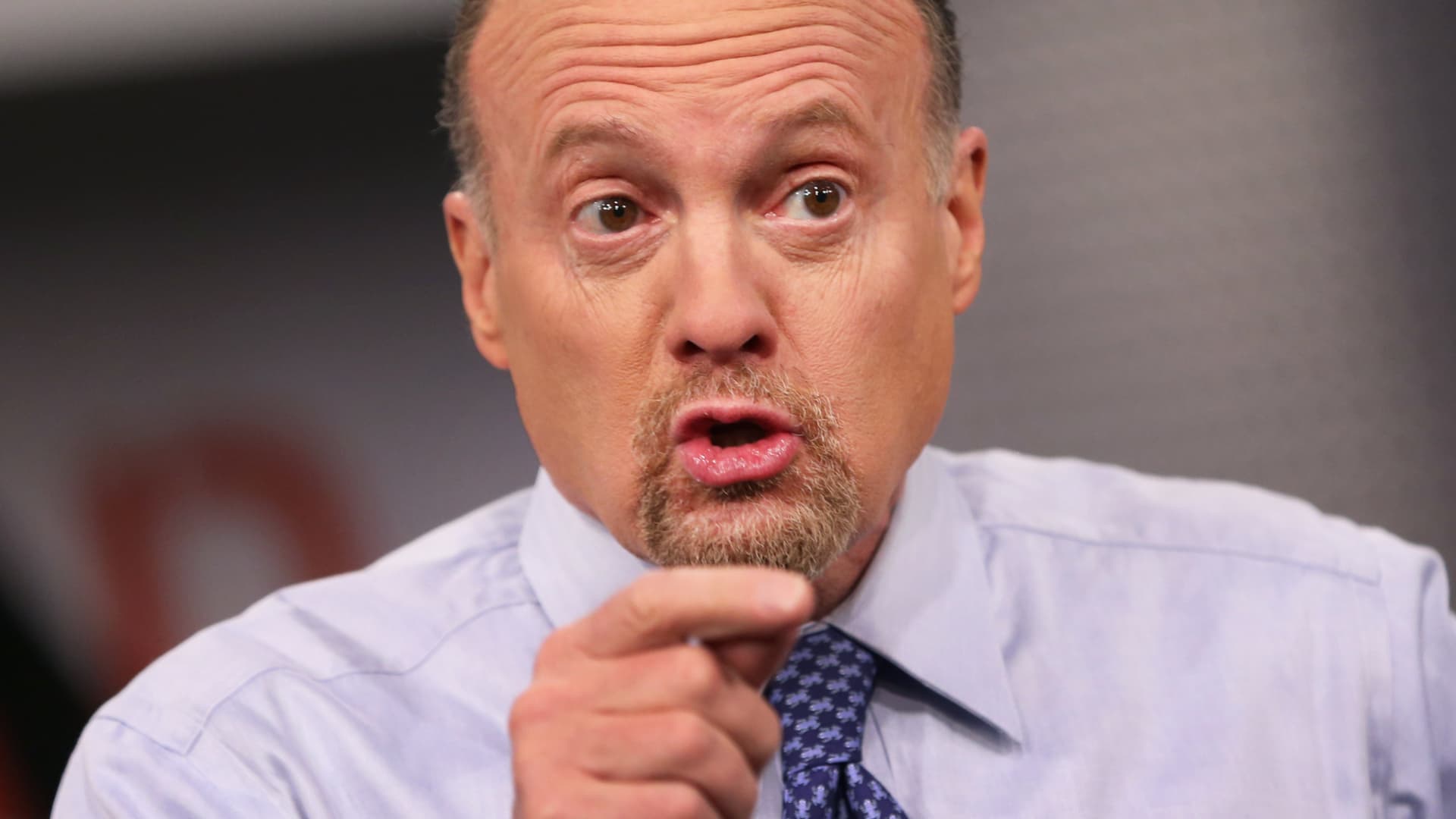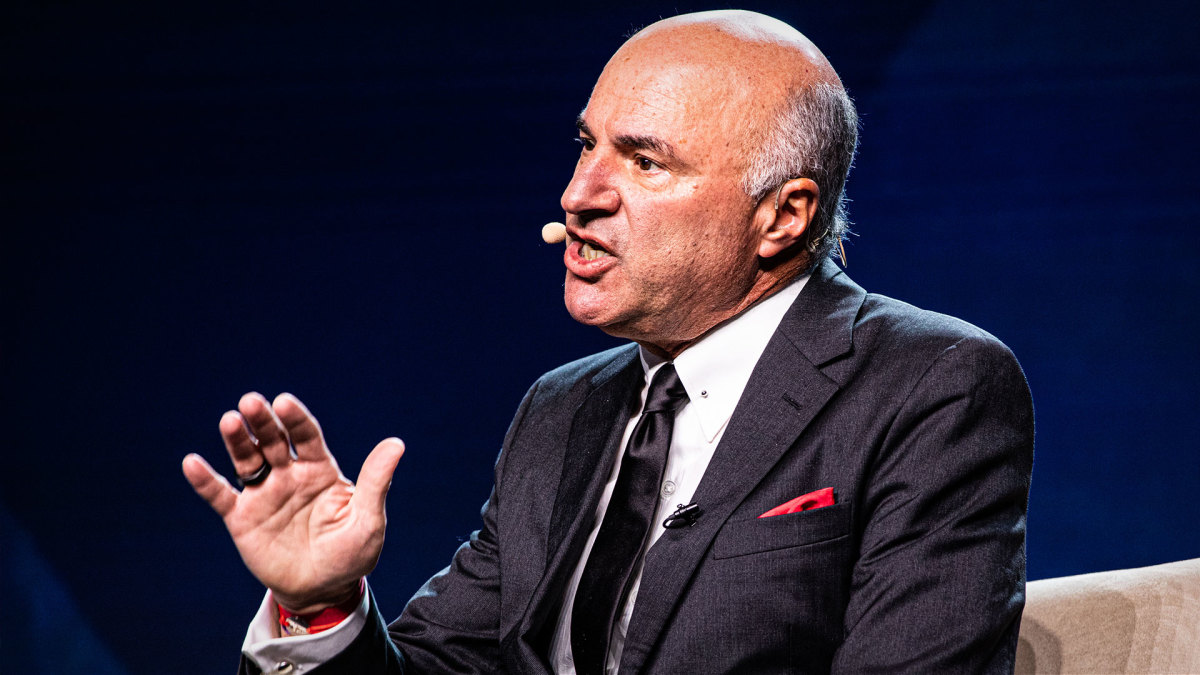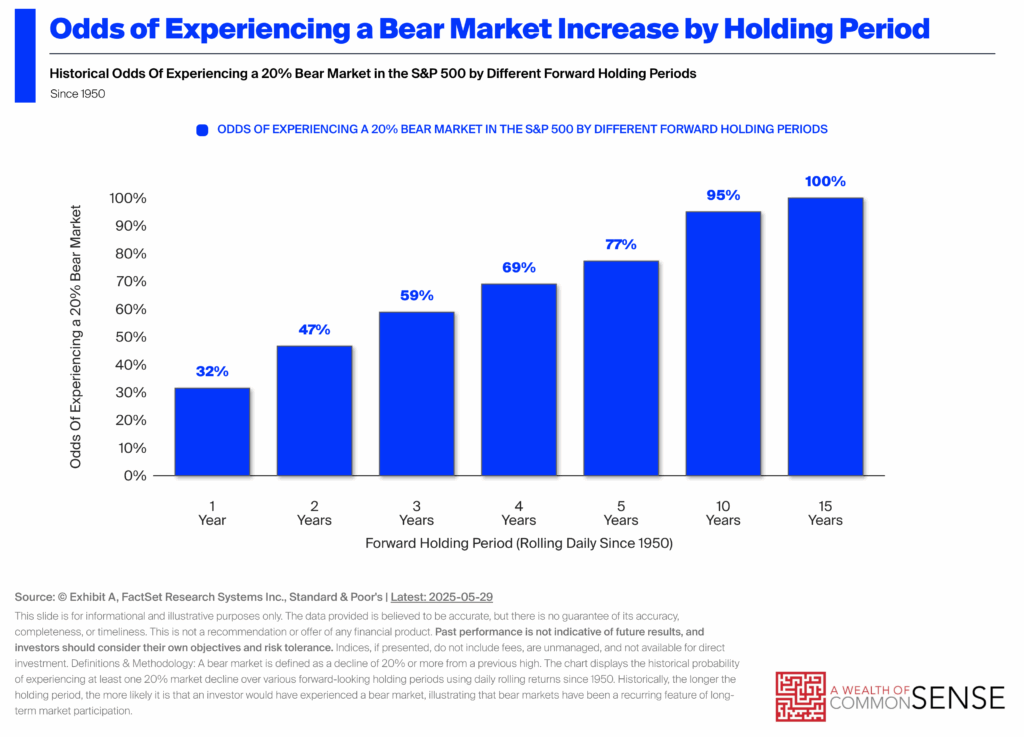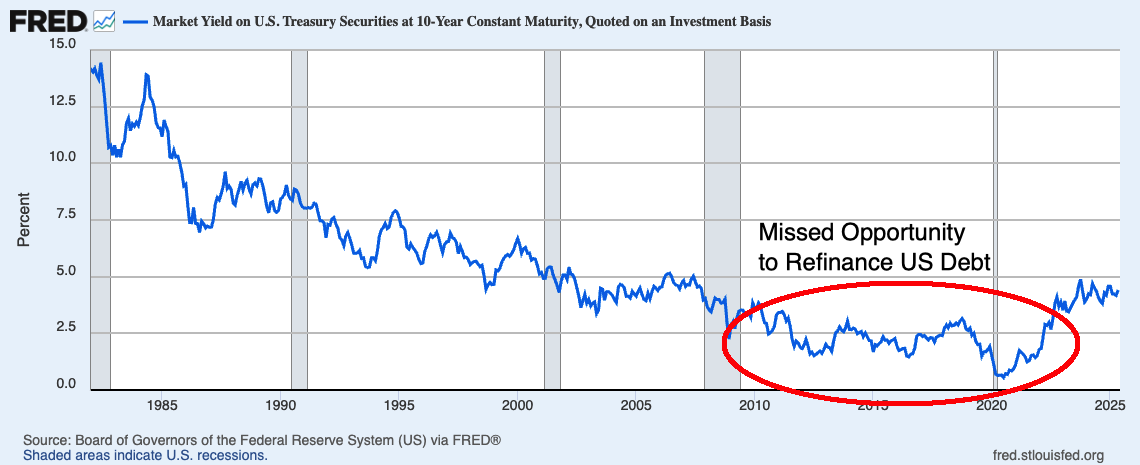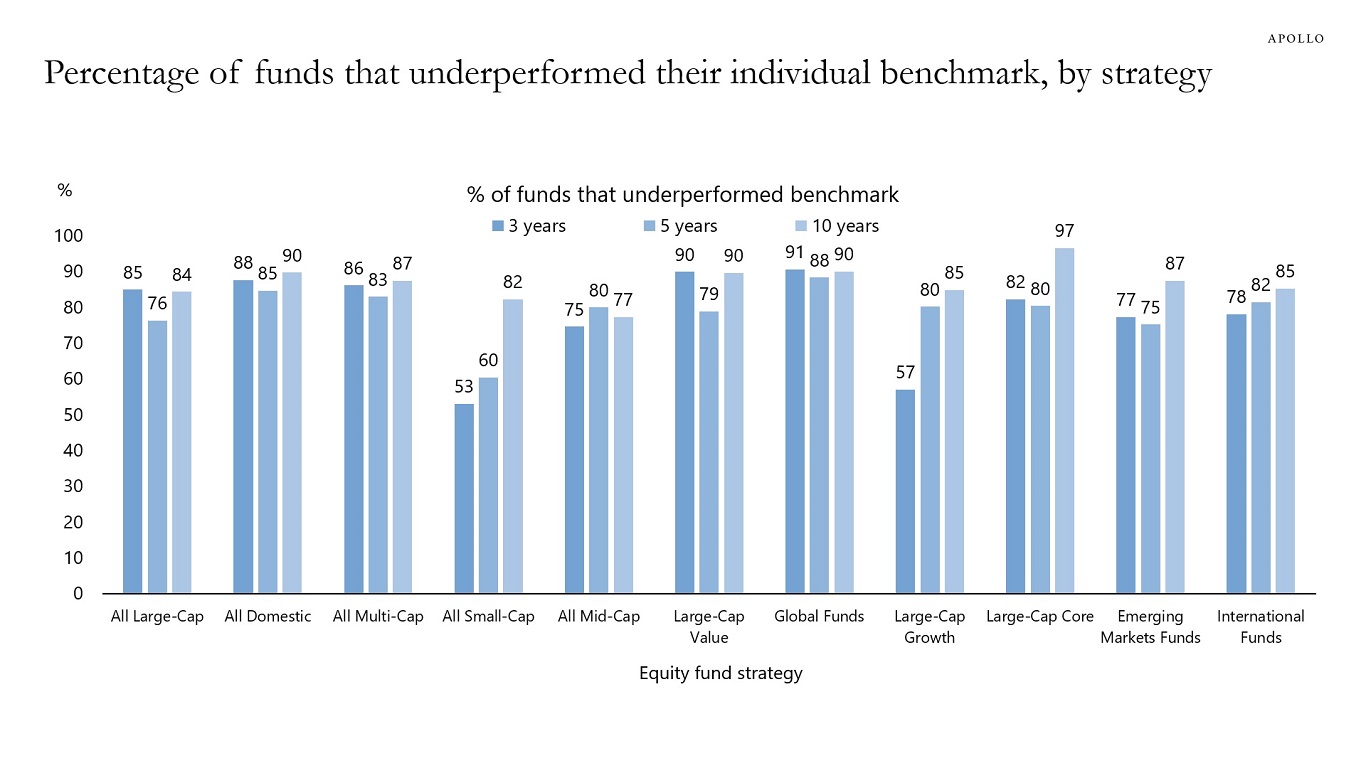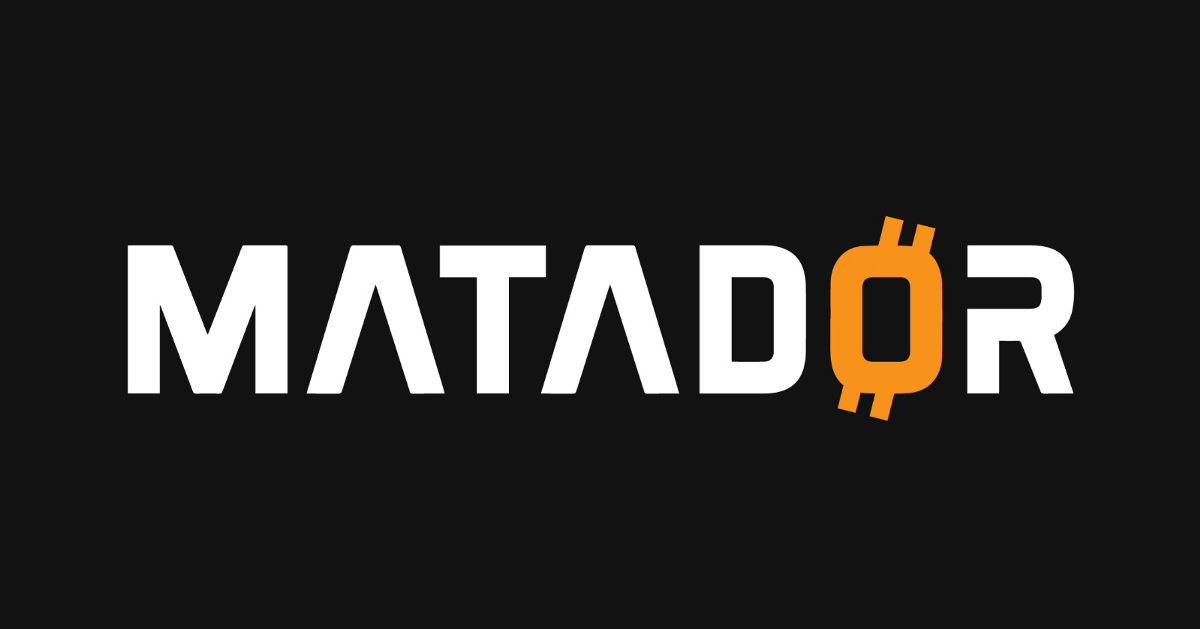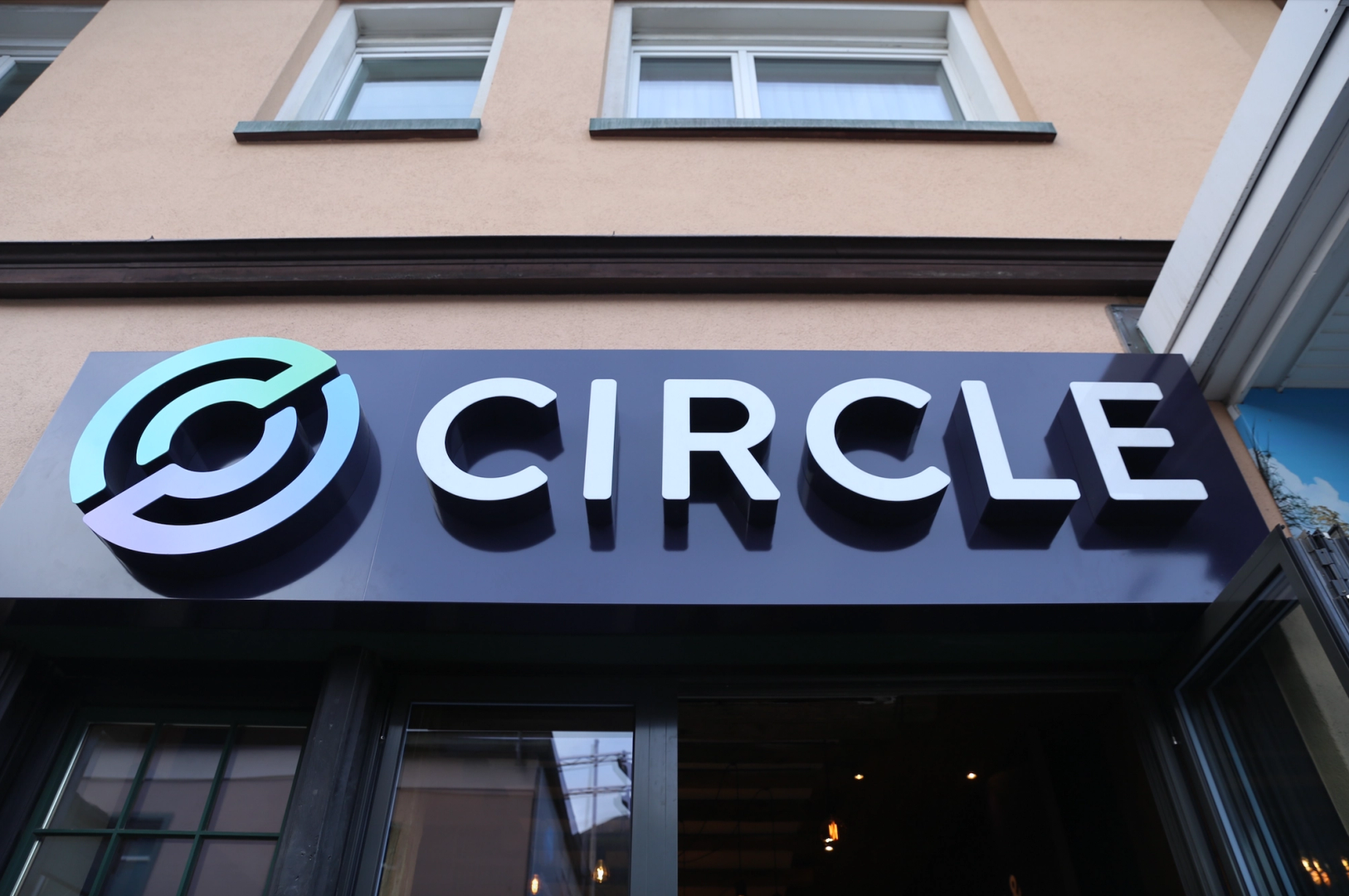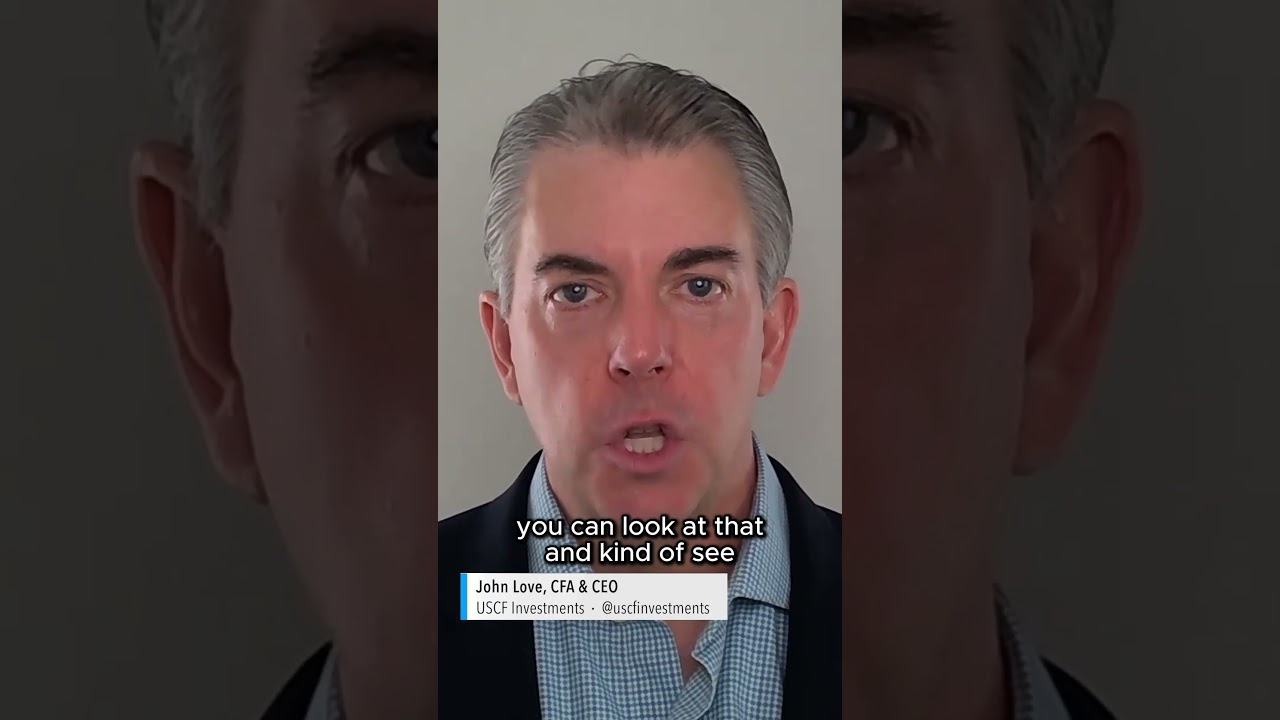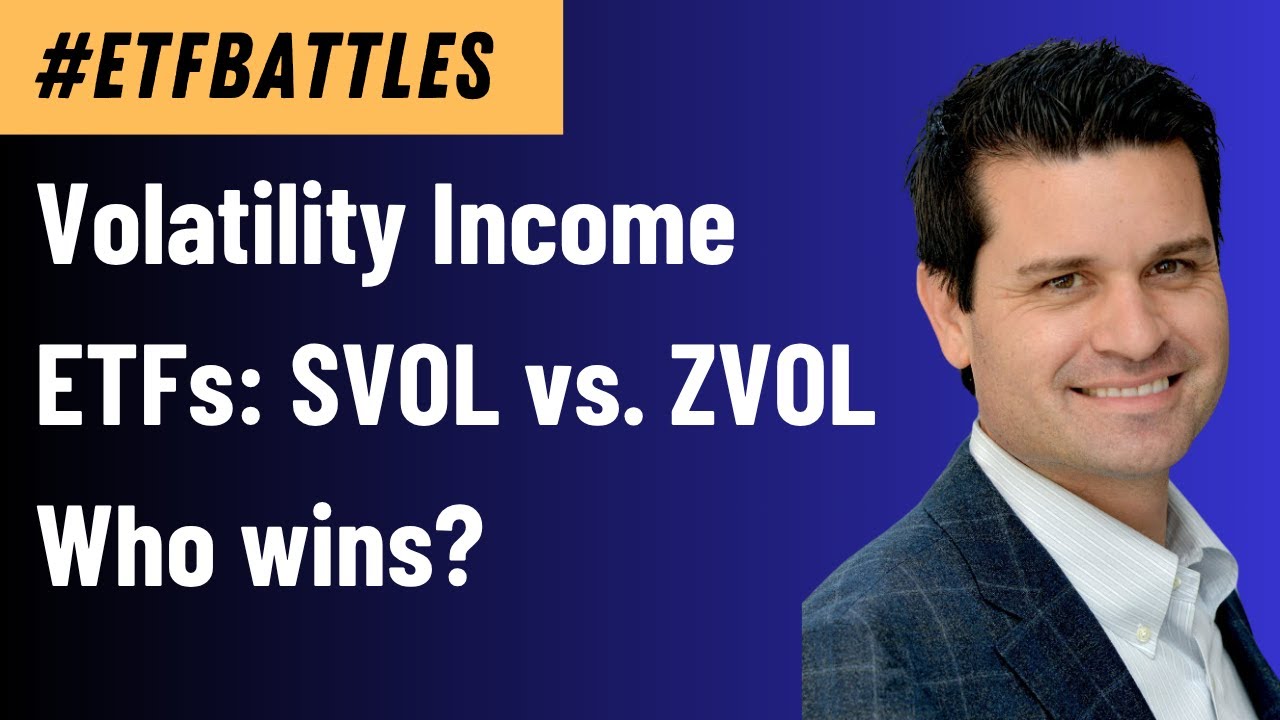As the Fortune 500 comes out, Cerity Partners’ Scott Lenet weighs in on startups, giants, and CVCs
Cerity Partners’ Scott Lenet spoke to Fortune about his firm’s merger and the state of CVC, as the Fortune 500 comes out this week.

This year’s Fortune 500 list came out yesterday, with Walmart topping the list and newcomers like Oscar Health and Palo Alto Networks debuting at 437 and 470, respectively.
The relationship between Fortune 500s and startups often functions like a two-way street. Startups work hard to land Fortune 500 companies as customers—and in rare cases, eventually become giants themselves. (Google, Meta, Amazon, DoorDash, Salesforce, Oscar, Palo Alto Networks, and Airbnb are just some examples of F500 companies that started as venture-backed dreams.)
Few people have a better view of that bridge than Scott Lenet, a longtime venture investor who now helps large companies invest in startups—some of which, in the runaway best-case scenarios, eventually join their ranks. In the AI boom, it’s easy to imagine future Fortune 500s emerging. It’s just hard to know which ones.
“Part of the question that as an industry we have to ask is: What are we really doing to produce companies that are enduring, can actually create a defensible lead position in their niche? This is where I think the corporates can add a lot of value, because we bring revenue by being a customer,” said Lenet, now partner at Cerity Partners. “We bring distribution through networks that are already established, that may have taken decades and billions of dollars to build. We bring some scientific expertise to make your product better, supply chain benefits, and marketing power. Those are things that when I was a traditional VC, I didn’t have the power to do.”
Lenet, once a managing partner at DFJ Frontier, holds a unique spot in the VC ecosystem—for more than a decade, he’s provided venture capital as a service to massive companies, advising on strategy, diligence, founder relationships, and M&A opportunities. Last year, Lenet’s CVC advisory firm Touchdown Ventures merged with wealth management firm Cerity Partners. They saw potential to cross-pollinate their client bases, as Cerity CEO Kurt Micinski put it: “Increasingly, as business leaders see things and they’re acting in the capacity of their professional role, they can’t help but get curious about [investments].”
We first connected last fall, and Lenet and I kept up since as the CVC landscape has continued to evolve.
“What we’re seeing in the market, generally, for corporations right now is profits, growth, dividends—the blocking and tackling of being a business,” said Lenet. “Investing is going to continue to focus on what’s real, that proves value, versus what’s maybe hype. And that’s interesting for venture capital generally, because there’s always a risk that we get caught up in a hype cycle. And AI can be either, right? We’ve seen this through investments that we tend to make with our corporate partners: How is this going to generate economic value? How fast can we prove it? What referenceable customers can tell us that’s likely to be true? How do I know it’s not just a toy or a fad?”
Large corporations and CVCs have a translation problem.
“Corporations and startups can help each other, but they don’t speak the same language,” said Lenet. “They’re not good at the same things, and it really takes assistance to figure out what we’re doing, why we’re doing it, and how we do it.”
Rob Martens, president of Allegion Ventures, a client of Touchdown’s and now Cerity’s, said that for CVCs and entrepreneurs, the relationship can make serious sector-specific sense. (Allegion, which makes locks and other security products, has a market cap of about $12 billion and is in the S&P 500).
“[When launching Allegion Ventures in 2018] we were asking: How do we break out of this innovator’s dilemma? How do we interact with these more modern entrepreneurial voices?” Martens told Fortune. “What we found was that if we can create a structure where we can create a faster connection between entrepreneurs and the leaders of these sometimes 100-year old businesses—the knowledge that can be transferred within a 15 or 20 minute phone call is pretty huge.”
The Fortune 500 shifts each year, but one thing remains: a handful of tomorrow’s entrants are today’s startups—helped along by the ones already on the list.
See you tomorrow,
Allie Garfinkle
X: @agarfinks
Email: alexandra.garfinkle@fortune.com
Submit a deal for the Term Sheet newsletter here.
Nina Ajemian curated the deals section of today’s newsletter. Subscribe here.
This story was originally featured on Fortune.com




















